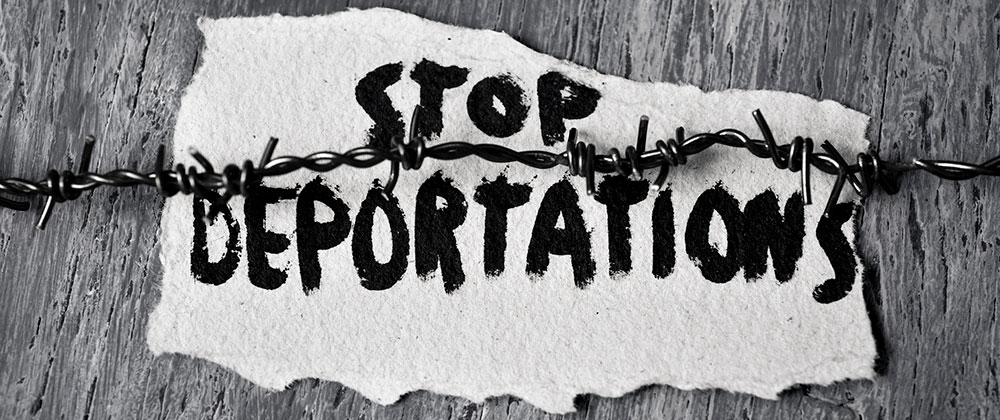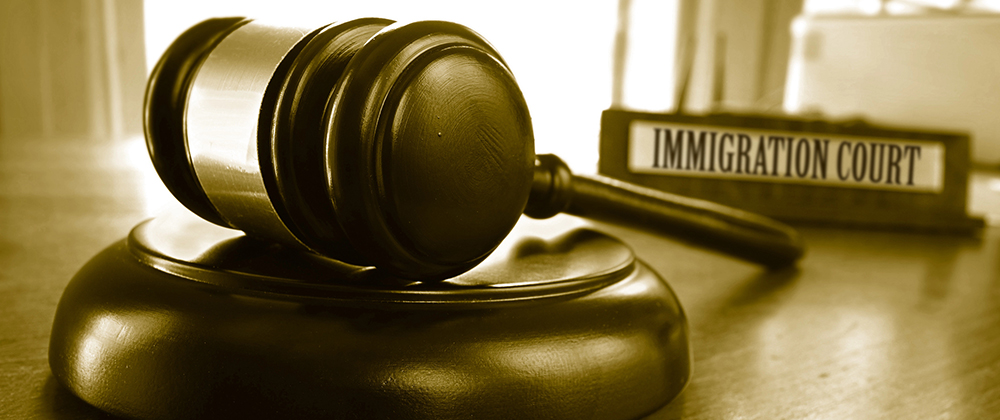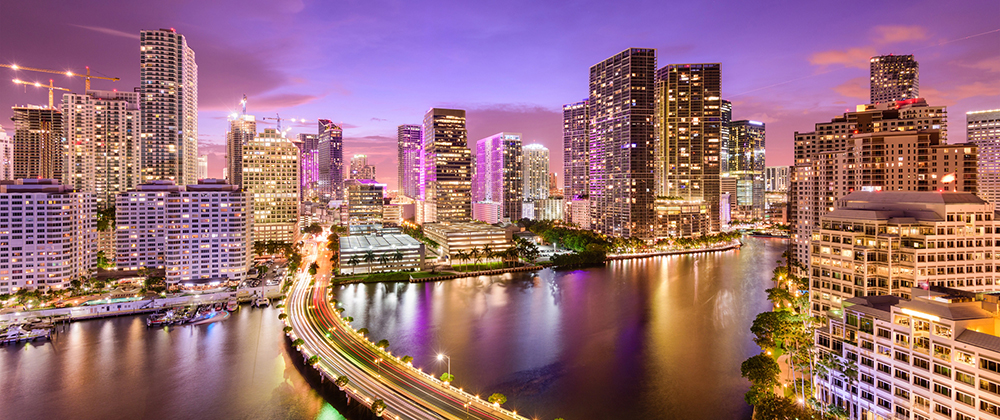Cuban Government is Not Accepting Cuban Deportations from the U.S.
Following the end of the special parole program for Cuban migrants in 2017, the U.S. government has been deporting undocumented Cubans even though they have reached the border. Before, Cubans who made it to the U.S. border and requested asylum were allowed to stay. However, the Obama administration rescinded that policy and negotiated an agreement with the Cuban government to deport undocumented Cubans back to the island nation. Recently, however, Cuba has refused to accept Cuban nationals who are deported from the U.S. Cubans who are in the U.S. and have received notices of removal proceedings might want to call Pozo Goldstein to consult a Miami immigration lawyer about options that might allow them to permanently remain and receive green cards.
Mass Exodus of Cubans
Because of the civil unrest, government crackdowns, and poor economic conditions in Cuba, tens of thousands of Cubans have fled the island nation. Since Oct. 1, 2022, more than 46,000 Cuban migrants have come to the U.S.-Mexican border to seek asylum in the U.S. This is the largest mass exodus from Cuba since the Mariel boatlift in the 1980s. Only 20 Cubans have voluntarily returned to Cuba since the beginning of the fiscal year.
After former President Obama ended the wet foot, dry foot parole policy in 2017, the U.S. government began deporting undocumented Cuban migrants. Deportations of Cuban migrants continued until the beginning of the pandemic in March 2020, when international travel was disrupted. The government of Cuba reopened its borders later in 2020, but it then suspended international fights for six months and didn’t restart them until Nov. 2021. Even though international flights have been open in Cuba since Nov. 2021, the Cuban government has implemented a policy to refuse to accept deportations arriving on flights from the U.S.
Cuba’s Refusal of Deportations From the U.S.
only 95 Cubans have been deported by Immigration and Customs Enforcement (ICE) in the last 12 months as compared to the 1,583 Cubans who were deported from Oct. 2019 to April 2020. Under the Obama administration’s previous agreement with Cuba, the U.S. Department of Homeland Security was allowed to quickly deport Cubans who arrived at the border through expedited removal. In the past, most Cuban migrants who reached the border were allowed to claim asylum and follow the normal immigration process. However, since the Cuban government is no longer accepting Cuban deportations from the U.S., expedited removal cannot be used to quickly expel migrants back to the island nation.
Inapplicability of Title 42 to Cuban migrants
Under the Cuban Adjustment Act of 1966, Cuban migrants are exempt from Title 42, the public health rule that the former Trump administration instituted to block migrants from entering the U.S. to claim asylum. Instead, thousands of migrants from other countries have been forced to wait in Mexico for their cases to be heard in U.S. immigration courts. However, Cuban migrants are exempt and have been allowed to wait inside the U.S. for their cases to be heard.
Currently, more than 40,000 Cuban nationals in the U.s. have final orders of removal, including those who have committed immigration violations or crimes in the U.S. However, the Cuban government is not accepting Cuban deportations, making it difficult for the U.S. government to deport them.
Nicaragua also began allowing Cubans to travel without visas to their country, which has provided a new way for Cubans to travel to the U.S. border. This has led to a large uptick in Cubans arriving at the U.S.-Mexico border to claim asylum. The Cuban government has blamed the U.S. for the surge in migrants, stating that U.S. policies encourage illegal migration. Cuba has also accused the U.S. of not issuing 20,000 visas to Cubans annually, which was a part of the agreement between the U.S. and Cuban governments under Obama.
What Happens to Cubans Who Are Waiting for Their Asylum Cases to Be Heard?
Cubans who have claimed asylum are allowed to wait in the U.S. for their cases to be heard. However, the current backlog in the immigration courts means many cases will not be heard for several years. Cubans are allowed to apply for green cards to become permanent U.S. residents when they have been present in the U.S. for one year and one day, so many can become permanent residents before their asylum cases are ever heard.
If you are from Cuba and are waiting for a court date to hear your claim for asylum, you might want to schedule an appointment with Pozo Goldstein to discuss your immigration options. Our experienced legal team includes a former judge and two former immigration prosecutors. Call us today for a consultation at (305) 856-0400.




